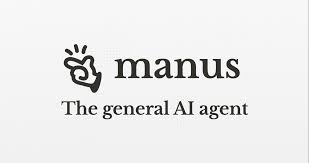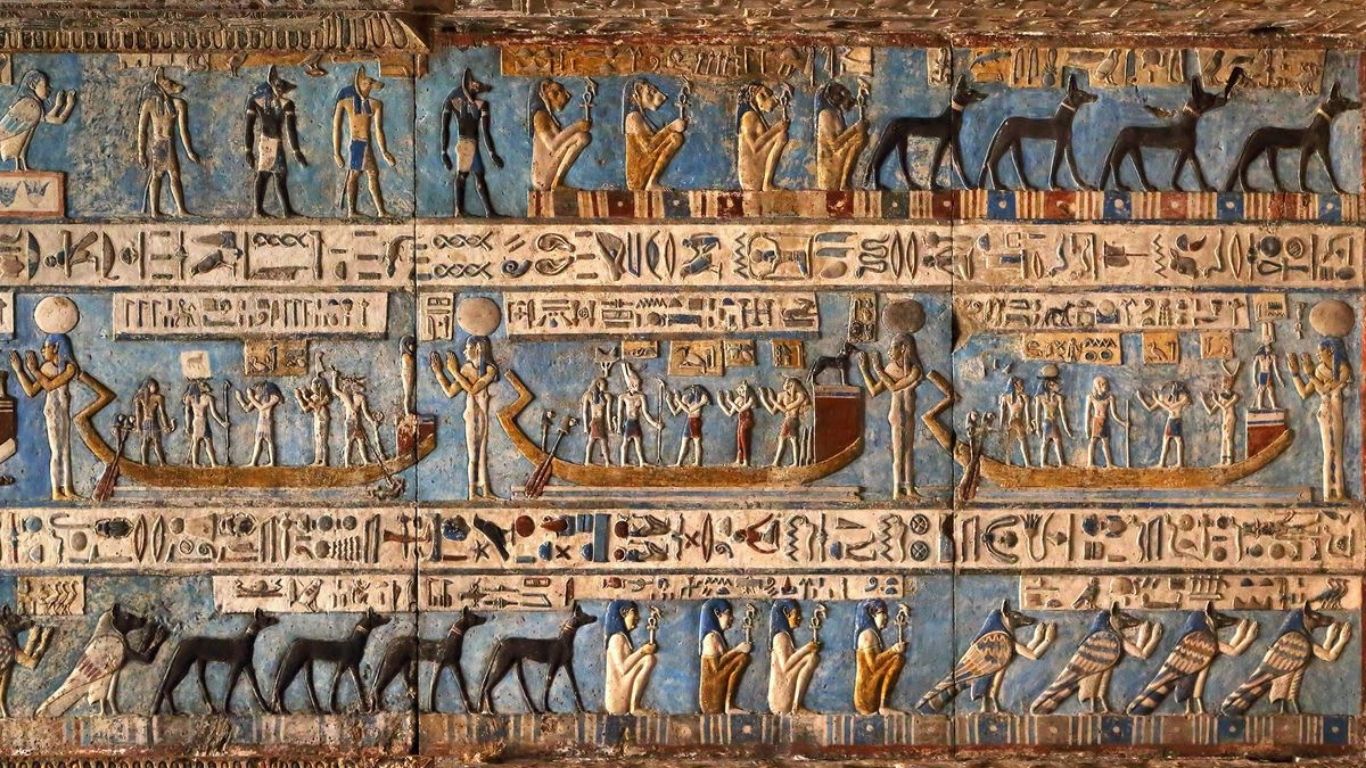
March 8, 2025 – When Monica, a relatively obscure Chinese startup, unveiled Manus AI on March 6, 2025, the tech world took notice. Dubbed the “world’s first truly general AI agent,” Manus promises to not just think but act—planning trips, analyzing stocks, even building websites—all without human hand-holding. Within 20 hours, a demo video racked up over 370,000 views on X, sparking a frenzy for invitation codes that now fetch up to 100,000 yuan ($13,797) on Xianyu. Co-founder Ji Yichao boldly calls it “a glimpse into AGI”—artificial general intelligence, the holy grail of AI that rivals human cognition. But is Manus really China’s next leap forward, following DeepSeek’s January triumph, or is it just another wave of overhyped tech?
The hype isn’t baseless. Manus AI’s demos are jaw-dropping: it crafts a 7-day Japan itinerary from Seattle, complete with budget breakdowns, and reportedly controls 50 screens at once—browsing X, scanning WhatsApp, researching real estate—like a digital octopus on steroids. Its makers claim it outshines OpenAI’s DeepResearch on the GAIA benchmark, a rigorous test of real-world problem-solving for AI assistants. Across all three difficulty levels, Manus allegedly sets a new state-of-the-art (SOTA) standard, a feat Monica touts as proof of its superiority. Add a multi-signature system—multiple independent models working in tandem—and a “less structure, more intelligence” philosophy, and you’ve got a recipe that sounds revolutionary.
Yet, the devil’s in the details—or the lack thereof. Monica’s tight-lipped about Manus’s architecture, leaving outsiders guessing how its cloud-based, asynchronous magic works. The GAIA benchmark wins are impressive, but specific scores remain under wraps, unlike the transparency some competitors offer. Compare this to DeepSeek, which shook the AI scene in January 2025 with its cost-effective R1 model, built at a fraction of OpenAI’s budget. DeepSeek’s rise was tangible; Manus’s feels more like a teaser trailer—flashy, promising, but short on substance until you snag an invite.
That exclusivity fuels both intrigue and skepticism. Launched as an invitation-only preview, Manus has turned access into a status symbol. Codes are resold for wild sums—999 yuan ($137) to 50,000 yuan ($6,900) on average, with outliers hitting six figures—because server capacity can’t keep up with demand. Partner Zhang Tao pleaded for patience on X, citing a team of “a few dozen” working overtime. It’s a startup sob story that clashes with the AGI-sized ambition Ji Yichao projects. If this is the “next evolution in AI,” as he claims, why does it feel so bottlenecked?
To weigh the AGI angle, consider the competition. OpenAI, on the same day as Manus’s debut, announced $20,000/month doctor-level AI agents for enterprises—pricey, but proven in scope. Manus, potentially free or cheap per early buzz, aims broader: from personal tasks to professional workflows. Its ability to unzip resumes and screen candidates like a human intern, or deploy a website from scratch, hints at versatility that could edge toward AGI’s hallmark adaptability. But AGI implies reasoning beyond narrow tasks, and Manus’s demos, while slick, don’t yet scream “human-like cognition”—more like a souped-up assistant.
Here’s a snapshot of how Manus stacks up on the GAIA benchmark, based on available claims:
| Model | GAIA Level 1 (Easy) | GAIA Level 2 (Medium) | GAIA Level 3 (Hard) | Notes |
|---|---|---|---|---|
| Manus AI | SOTA (Claimed) | SOTA (Claimed) | SOTA (Claimed) | No specific scores released |
| OpenAI DeepResearch | Outperformed by Manus | Outperformed by Manus | Outperformed by Manus | Established but less agile? |
| DeepSeek R1 | Competitive (Jan 2025) | Competitive (Jan 2025) | Competitive (Jan 2025) | Cost-effective benchmark |
The table’s vagueness reflects Monica’s caginess—SOTA is a bold claim, but without numbers, it’s a flex, not a fact. DeepSeek’s “moment” came with measurable disruption; Manus’s might hinge on faith until it opens up.
So, is this China’s AGI dawn or a mirage? The demos dazzle, the multitasking awes, and the “Mens et Manus” (mind and hand) ethos inspires. Yet, the invite-only wall, opaque tech, and small-team strain suggest a product still finding its footing. Manus could be a game-changer—or just a well-marketed preview riding DeepSeek’s coattails. For now, it’s a tantalizing question mark in the AI race, one that 370,000 X viewers and counting are eager to decode.



